What Does a Daytime Postpartum Doula Do? Podcast Episode #325
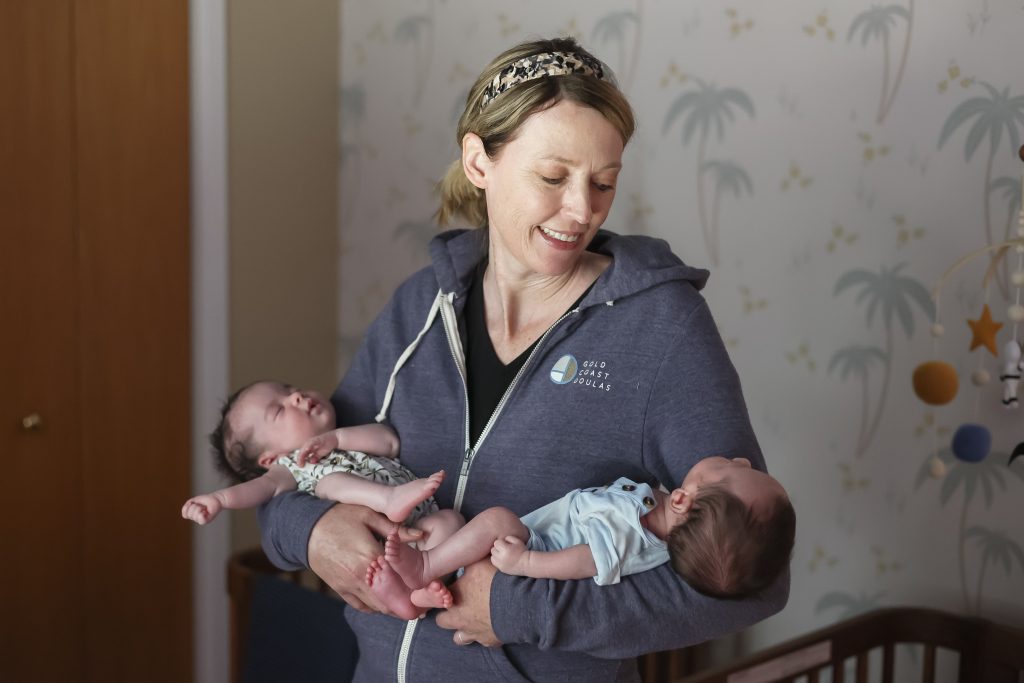
Ever wonder what a daytime postpartum doula actually does? From helping you rest and recover to supporting feeding, soothing, and household routines, this episode breaks down what a typical daytime shift looks like — and why it’s so valuable for new parents. Listen now on Ask the Doulas podcast to hear Kristin Revere, CEO of Gold Coast Doulas walk […]
Alternatives to Traditional Baby Showers: Podcast Episode #324
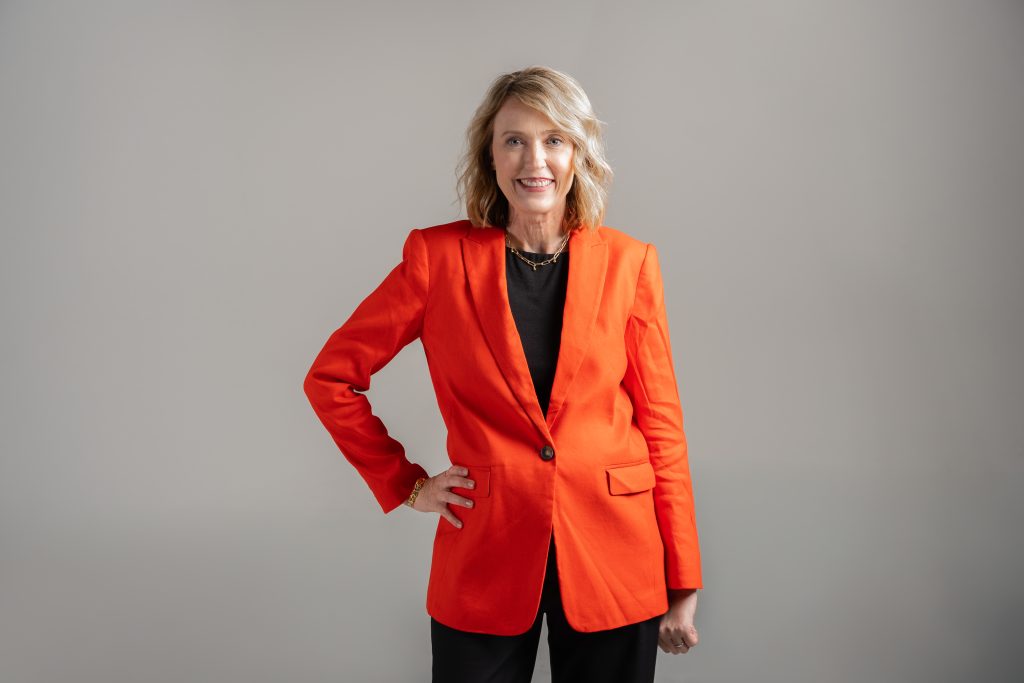
In this episode of Ask the Doulas, Kristin Revere of Gold Coast Doulas explores creative ways families and friends can celebrate pregnancy, honor expecting parents, and offer support without the typical party format. From meal trains and nesting parties to postpartum prep gatherings and intimate blessing ceremonies, we break down fresh ideas that focus on connection, […]
How Doulas Support Inductions: Podcast Episode #323
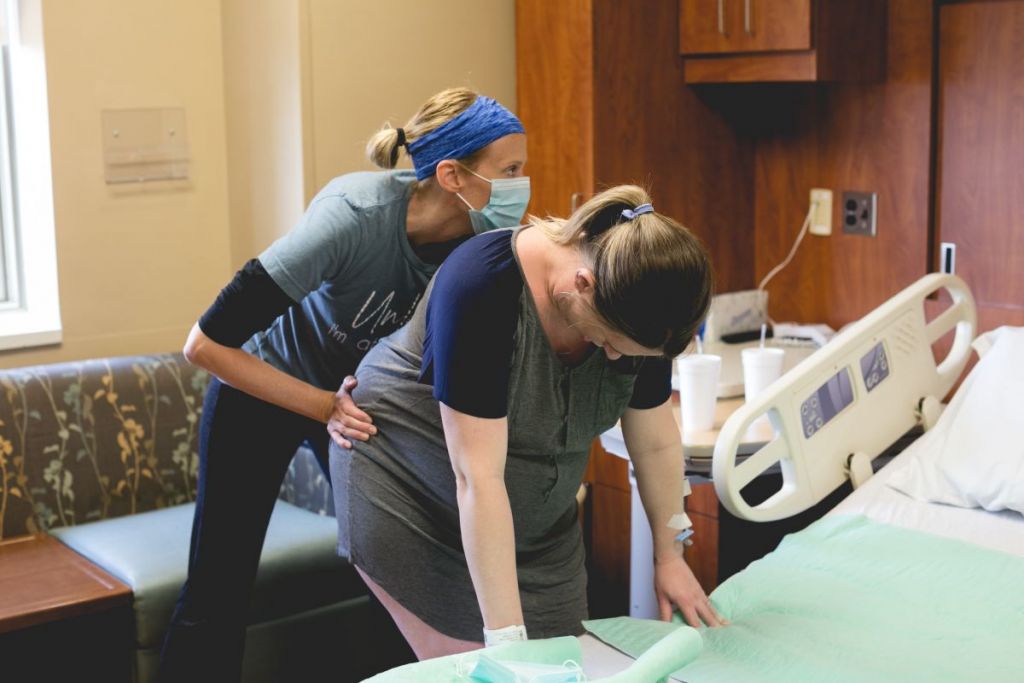
In this solo episode of Ask the Doulas, host Kristin Revere, founder and CEO of Gold Coast Doulas, explores how doulas can offer calm, confident support during labor inductions. Kristin breaks down what to expect when an induction is recommended, from the different medical methods to the emotional journey that often comes with it. She shares […]
Doula Business Structures Explained: Podcast Episode #322
In this solo episode of Ask the Doulas, Gold Coast Doulas founder Kristin Revere explores the different ways birth and postpartum doulas structure their businesses, including solo practices, partnerships, collectives, and agencies. This episode is a valuable resource for families who are deciding which model of care best fits their needs, as well as for […]
Doulas Don’t Replace Partners: Podcast Episode #321
In this solo episode of Ask the Doulas, Kristin Revere addresses one of the most common misconceptions about doula care — that hiring a doula might replace the partner during birth or postpartum. Whether you’re a partner wondering how a doula fits in or a parent curious about building your birth and postpartum team, this episode […]
Should Doulas Have Hired a Doula Before Becoming One? Podcast Episode #320
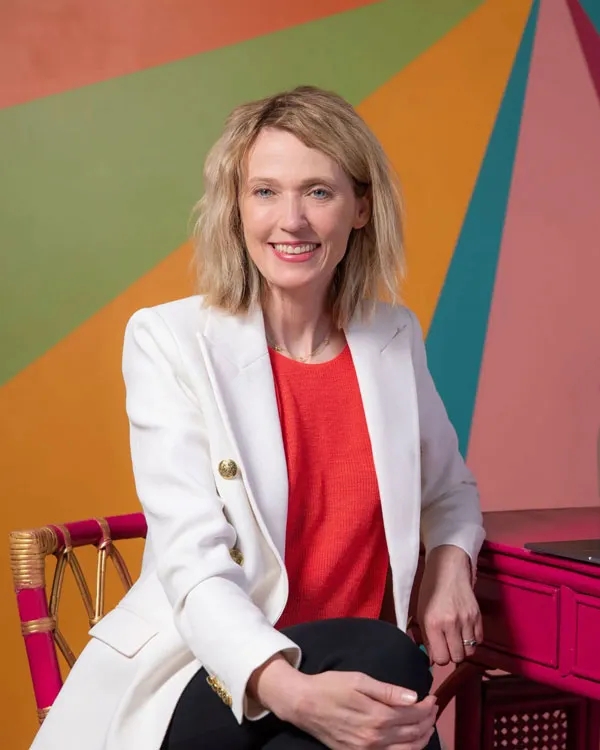
Should doulas have hired a doula before becoming one? In this solo episode, host Kristin Revere of Gold Coast Doulas explores whether firsthand experience receiving doula support shapes empathy, perspective, and practice. Tune in for a heartfelt discussion on what makes a doula truly great, exploring the combination of lived experience, education, and a willingness to learn. […]
Infant Sleep and Maternal Mental Health: Podcast Episode #319

In this insightful episode of Ask the Doulas, we sit down with Jackie Viscusi, an experienced pediatric sleep consultant with Gold Coast Doulas, to explore the intersection of infant sleep and maternal mental health. Jackie shares compassionate, evidence-based guidance on understanding baby sleep patterns, supporting healthy sleep habits, and caring for your own emotional well-being during […]
Freeze Drying Breast Milk: Podcast Episode #318
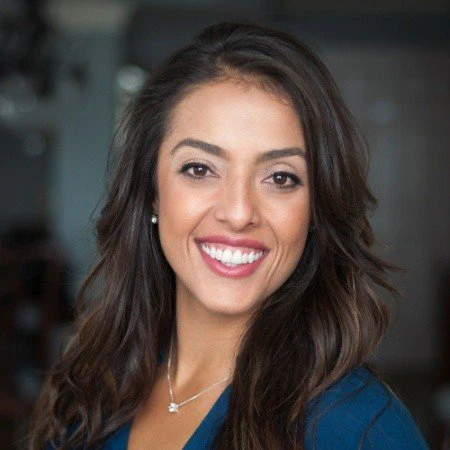
In this episode of the Ask the Doulas podcast, Kristin Revere sits down with Tirza Jova, CEO and founder of Milk by Mom, to explore the growing trend of freeze-drying breast milk. Tirza shares how her innovative service helps families preserve their milk safely and conveniently—reducing waste, saving freezer space, and providing peace of mind for travel or […]
What to Expect During Your Hospital Postpartum Stay: Podcast Episode #317
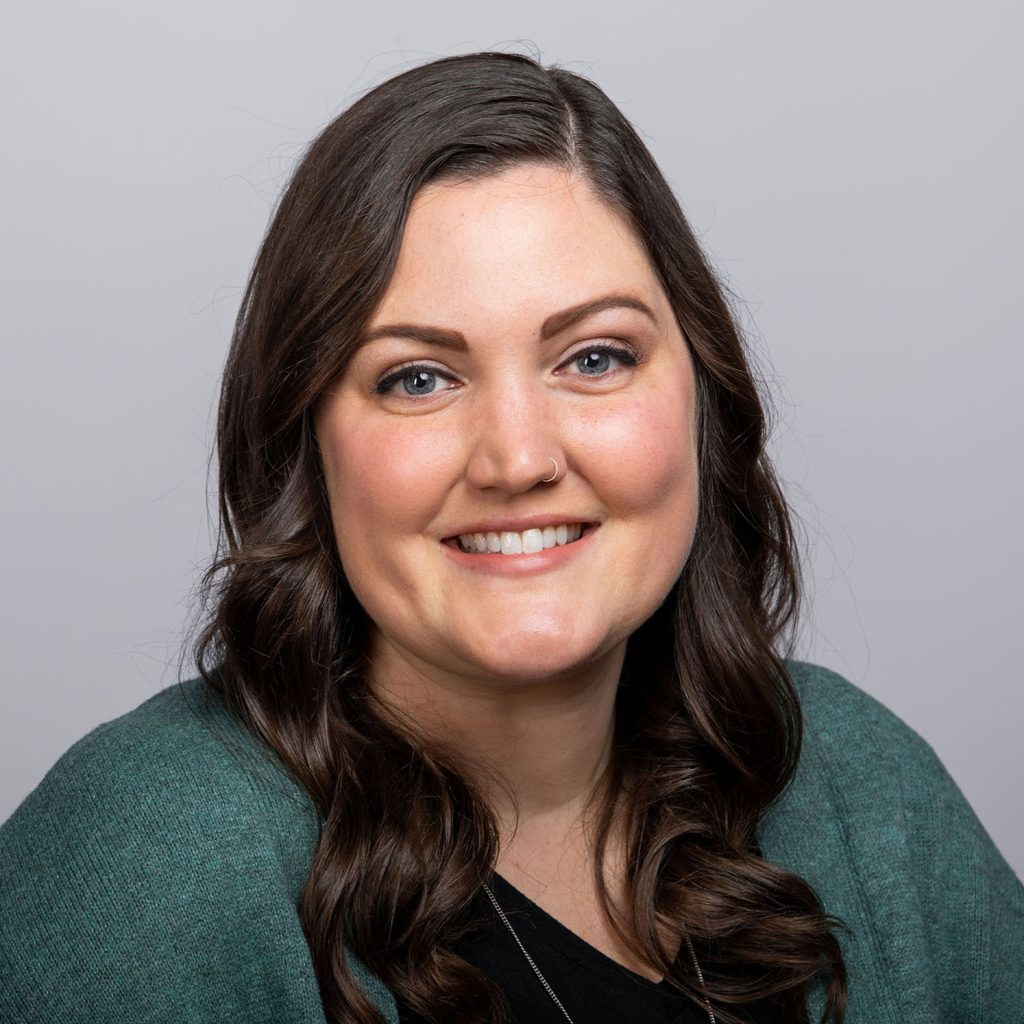
In this episode of the Ask the Doulas podcast, we’re joined by Kristin Morter, a Certified Elite Postpartum Doula and Certified Lactation Consultant, for a clear and reassuring look at what really happens during your hospital postpartum stay. Kristin walks us through the typical timeline from immediate recovery and newborn assessments to feeding support, rest, and those […]
Infant and Toddler Sleep During the Holiday Season: Podcast Episode #316

In this episode of the Ask the Doulas podcast, we talk with Jackie Viscusi, infant and toddler sleep specialist with Gold Coast Doulas, about navigating sleep challenges during the busy holiday season. Jacki shares practical tips for maintaining routines while traveling, managing family gatherings, and setting realistic expectations when schedules are disrupted. Whether you’re staying local or […]
Does Experience Really Matter? Podcast Episode #315
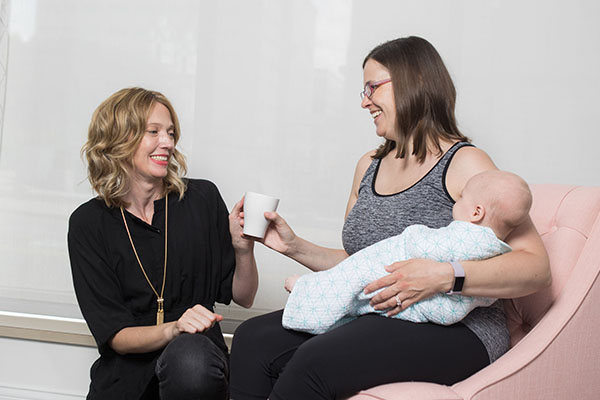
In this special solo episode of Ask the Doulas, co-host and Gold Coast Doulas CEO Kristin Revere explores an important question: Does experience really matter when hiring a birth or postpartum doula? Kristin shares her insights on what families should truly consider when choosing doula support—beyond years in the field. Tune in for a thoughtful discussion on training, personality […]
Postpartum Traditions through an Ayurvedic Lens: Podcast Episode #314
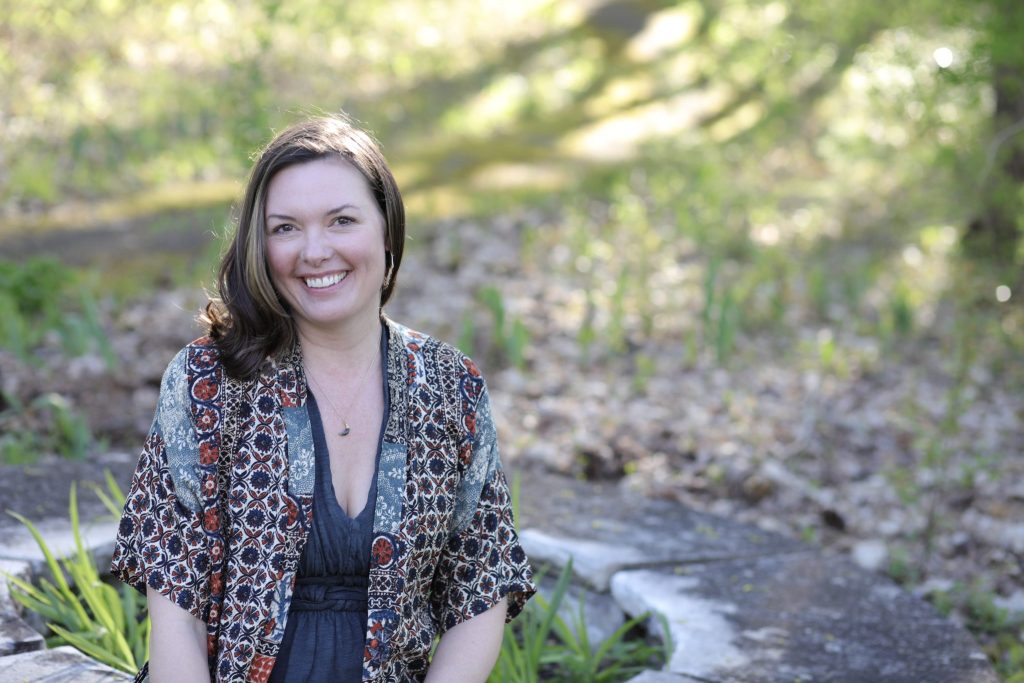
In this enlightening episode of Ask the Doulas podcast, we explore postpartum traditions through an Ayurvedic lens with Christine Eck, Founder and Director of the Center for Sacred Window Studies. Christine shares why the sacred window—the first 42 days after birth—is such a vital time for healing, bonding, and transformation. We discuss how ancient Ayurvedic wisdom aligns beautifully with modern […]
Gender Prediction: Podcast Episode #313

Ever wonder how early you can really find out your baby’s gender — and which tests you can trust? In this episode of Ask the Doulas, we talk with Dr. Dallas Reed, an OBGYN and Chief of Genetics for Tufts Medicine, who also serves as a medical advisor for SneakPeek, the at-home fetal sex test that’s accurate as early […]
Postpartum Night Sweats: Podcast Episode #312
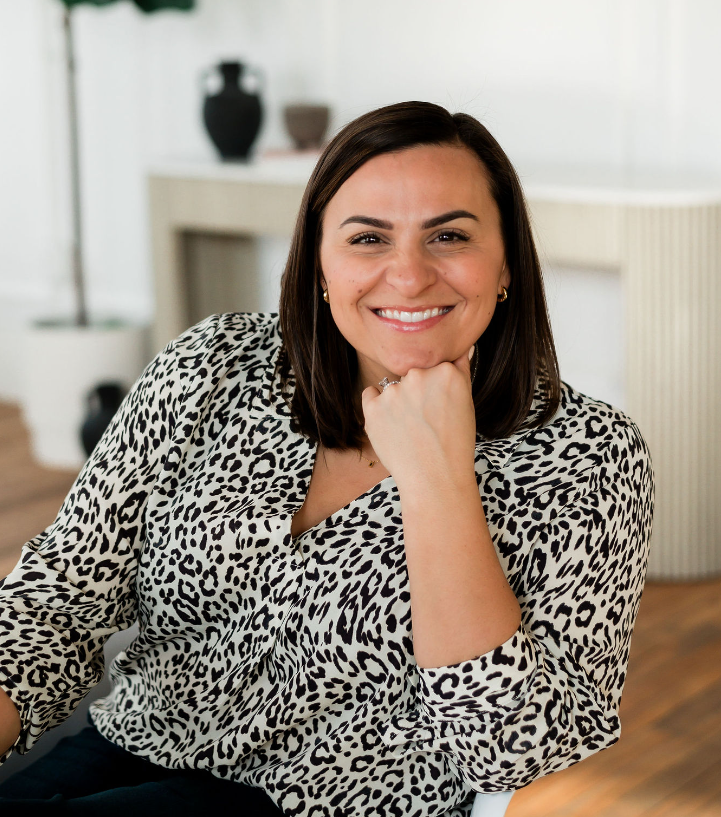
Ever woken up drenched and wondering if you’ll ever sleep comfortably again? You’re not alone. In this candid episode of Ask the Doulas, we dive into the all-too-common struggle of postpartum night sweats, sharing our own experiences and giving some tips for relief. We’re joined by Jackie Hutson, founder of Piper & Mint, a brand redefining postpartum comfort with mint-infused, […]
Blood Pressure in Pregnancy: Podcast Episode #311
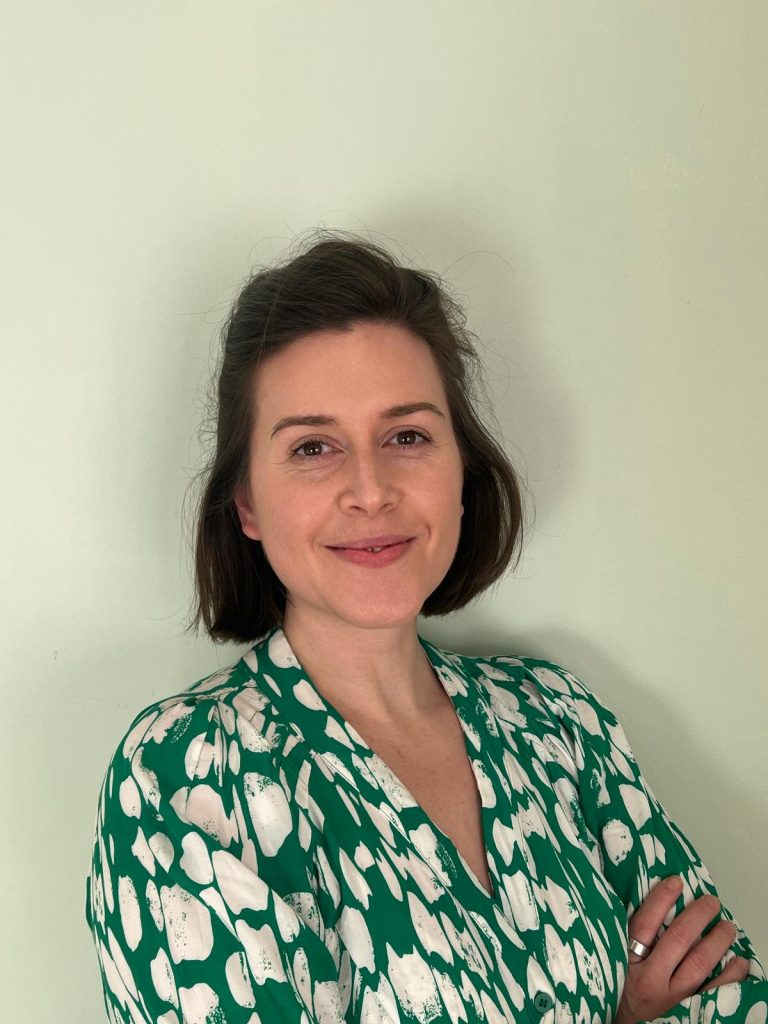
Kristin Revere and Dr. Frances Conti-Ramsden discuss blood pressure and heart health in pregnancy in this important episode of Ask the Doulas podcast. Dr. Conti-Ramsden also touches on the potential for digital health tools and AI to be used in antenatal and postnatal care. She is the director of MEGI Health. Hello, hello! This is […]
The Pelvic Floor Connection Prior to Birth: Podcast Episode #310
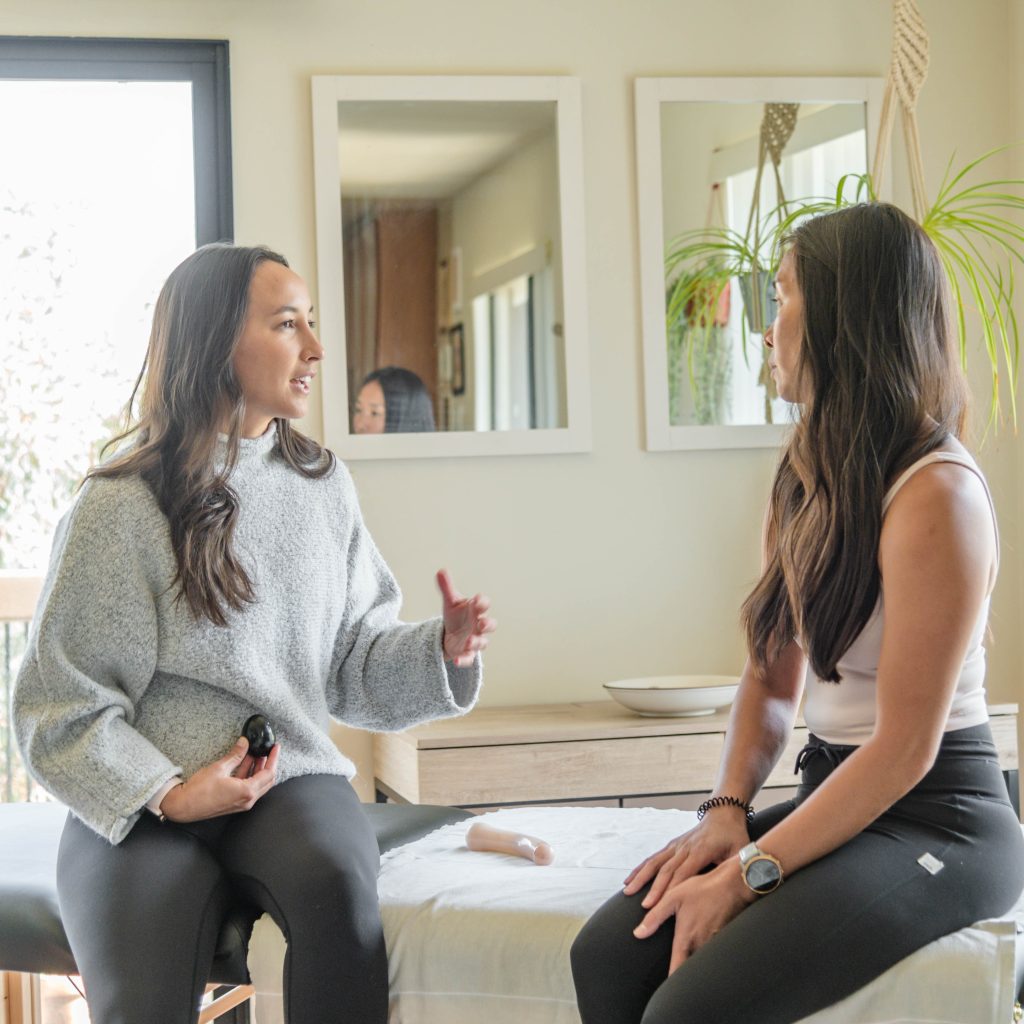
Kristin Revere and Brittney Ellers discuss the pelvic floor connection pre-conception in the latest episode of Ask the Doulas Podcast. She also discusses when to begin pelvic floor physical therapy and describes what that would look like in pregnancy, postpartum, and pre-conception. Brittney is a Holistic Pelvic Physical Therapist and owner of Being Better. Hello, […]
Mindfulness and Self-Compassion: Podcast Episode #309
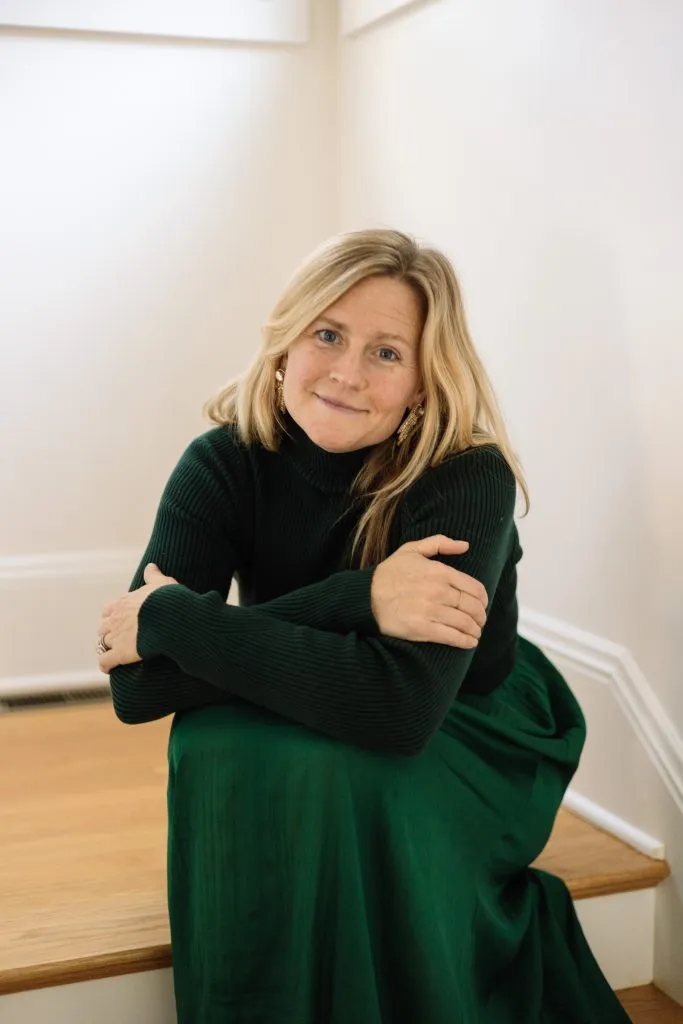
Kristin Revere and Sarah Harmon, CEO of The School of MOM touch on everything from mothering ourselves to the mental load in the latest episode of Ask the Doulas Podcast. Sarah also discusses mindfulness and self-compassion. Hello, hello! This is Kristin Revere with Ask the Doulas, and I am excited to chat with Sarah Harmon […]
The Role of a Postpartum Doulas: Podcast Episode #308
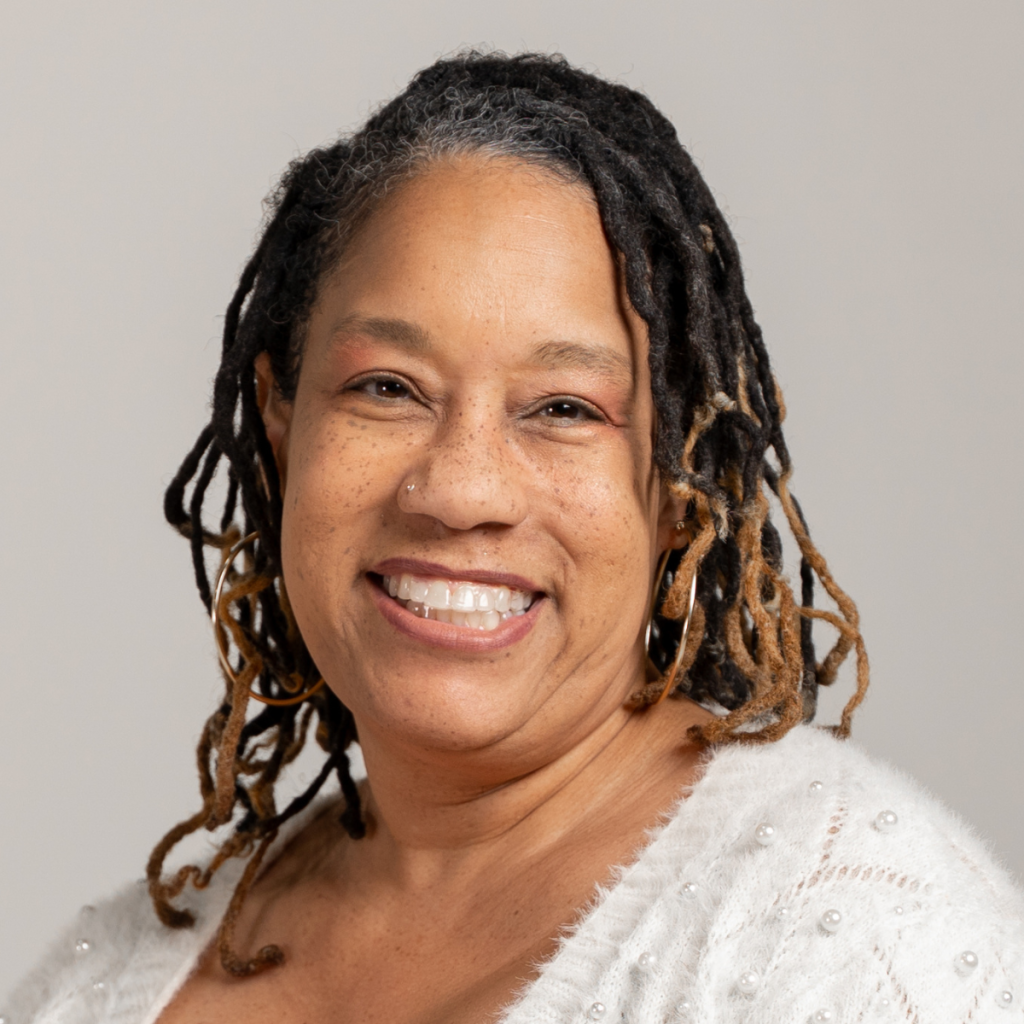
Kristin Revere and LaVita Brown discuss the day in the life of a daytime and overnight doula. LaVita shares multiple examples of what her days look supporting families in West Michigan. Hello, hello! This is Kristin Revere with Ask the Doulas, and I’ve got a very special episode today, bringing on one of our […]
Your Doula Is Not The Decider of Your Birth Experience: Podcast Episode #307
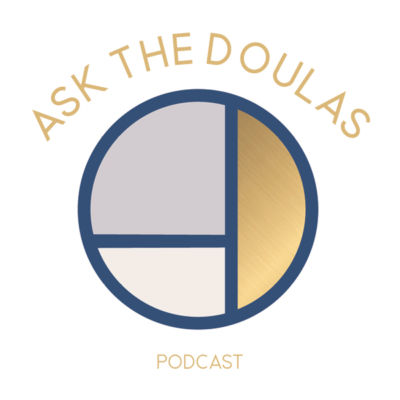
In this solo episode of Ask the Doulas podcast, Kristin Revere of Gold Coast Doulas shares her thoughts on the role of a birth and postpartum doula. Hello, hello! This is Kristin Revere with a very special solo episode today to discuss the role of a doula in your birth and postnatal phase. Before we […]
Diapers Needs & Giving Back: Podcast Episode #306
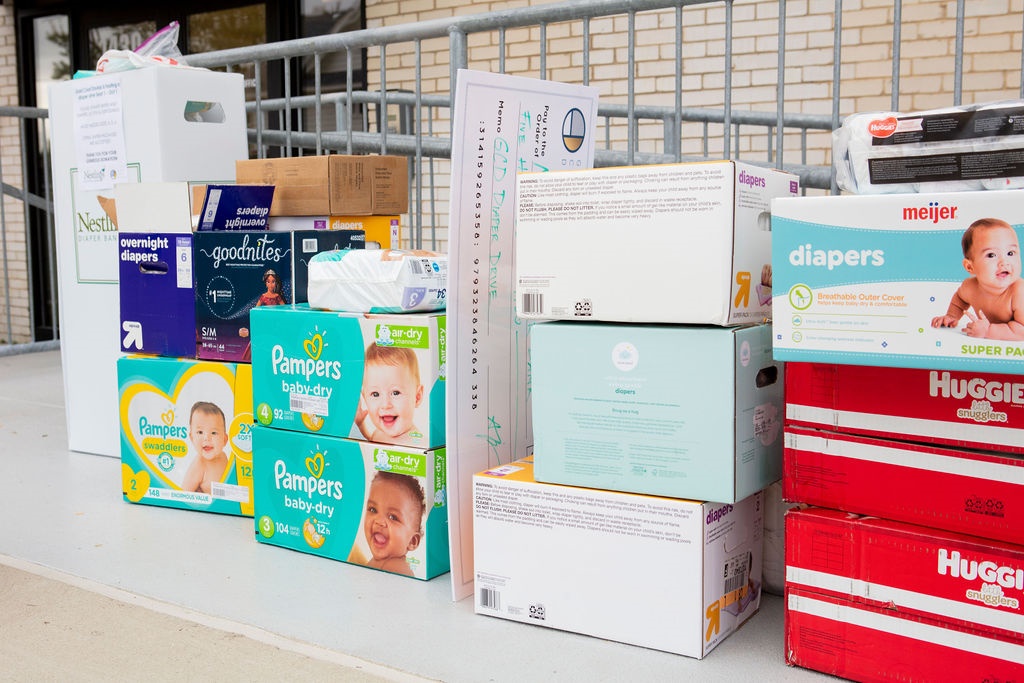
Kristin Revere and Dr. Annie Biship discuss the importance of giving back and engaging with the community as a small business. They are partnering once again for the Gold Coast Doulas’ 10th Annual Diaper Drive. Hello, hello! This is Kristin with Ask the Doulas, and I am so excited to chat with my dear […]
Community in Early Parenthood: Podcast Episode #305
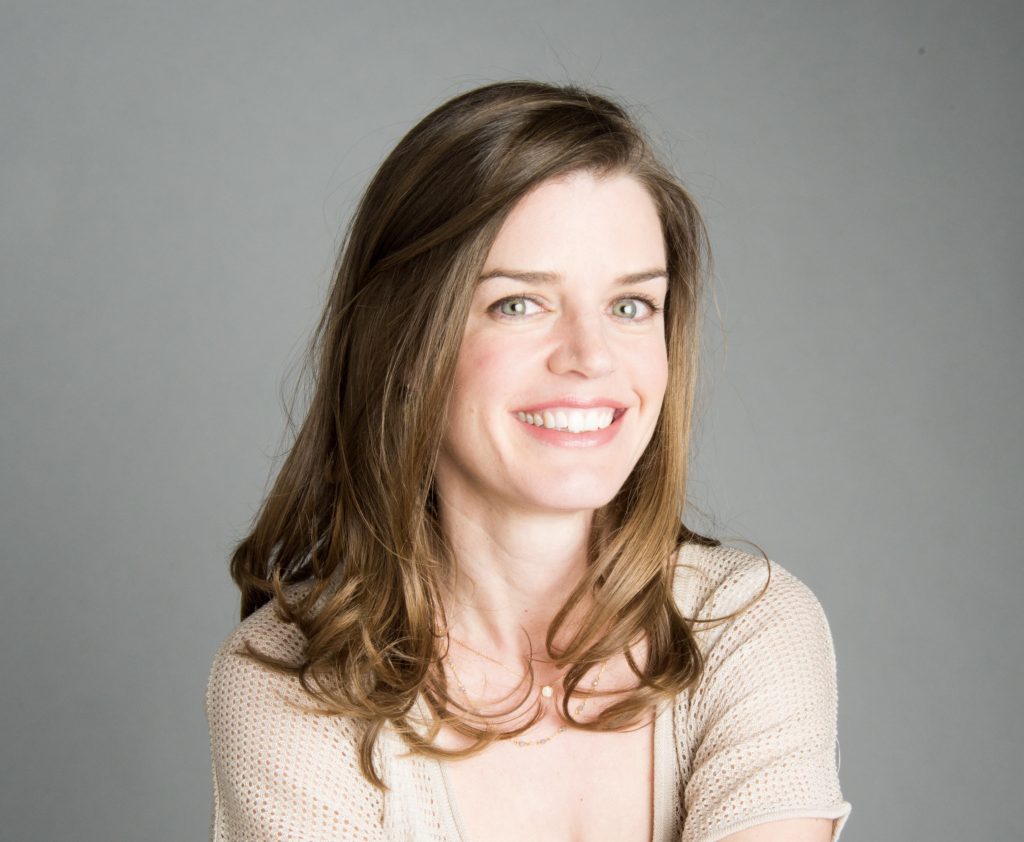
Kristin Revere talks with Jessica Hill about the importance of community in early parenthood. Jessica Hill is the founder of The Parent Collective, a national network of prenatal education classes designed to equip expectant parents with both practical knowledge and a lasting community. Hello, hello! This is Kristin Revere with Ask the Doulas, and I […]
Maternal Ambivalence with Dr. Margo Lowy: Podcast Episode #304
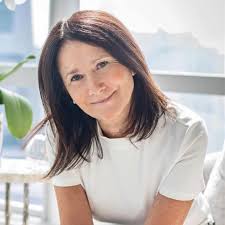
Margo Lowy is the author of Maternal Ambivalence: The Loving Moments and Bitter Truths of Motherhood. Kristin Revere and Margo Lowy discuss the importance of understanding that conflicting emotions don’t diminish a mother’s love but can instead be a source of learning and growth. Hello, hello! This is Kristin Revere with Ask the Doulas, and I […]
Oxytocin’s Role in Conception, Pregnancy, and the Postnatal Phase: Podcast Episode #303
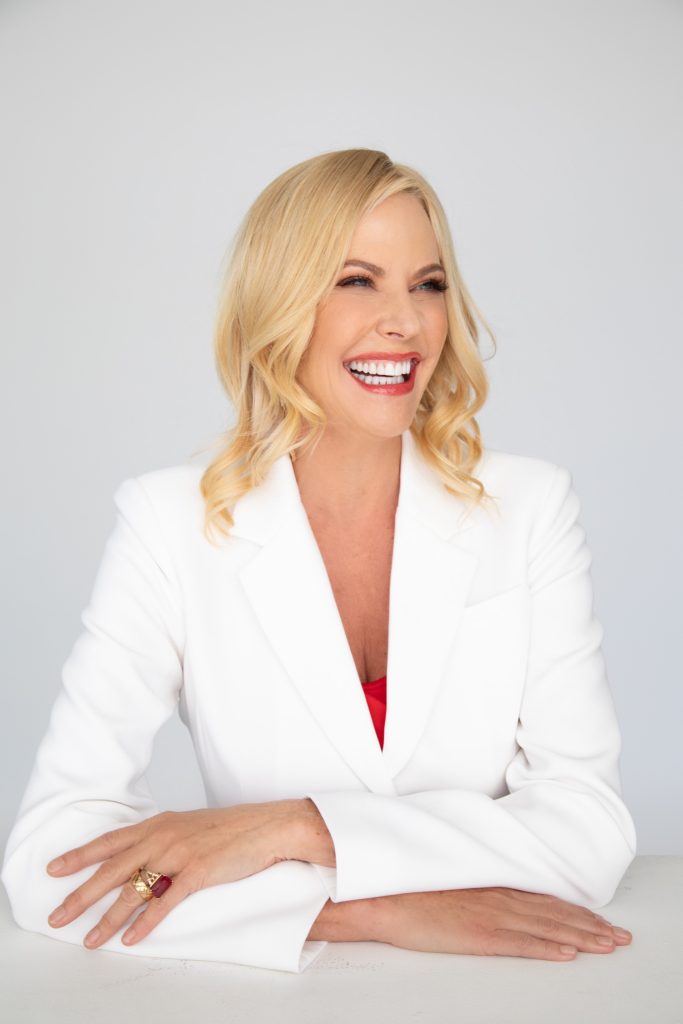
Kristin Revere talks with Susan Bratton about oxytocin’s role in conception, pregnancy, and the postnatal phase with Susan Bratton. Susan Bratton is an intimacy expert to millions and the creator of The Sex Life Bucket List. Oxytocin helps couples develop a profound connection that strengthens their relationship for years to come. Hello, hello! This is […]
The Ripple Effect of Birth Trauma: Podcast Episode #302
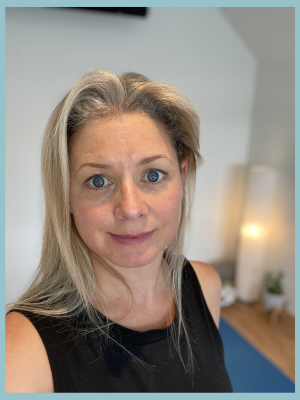
The Unspoken Ripple Effect of Birth Trauma with Sarahjane, CEO of Fit Fanny Adams. Sarahjane is a recognized leader in women’s health, specializing in restoring the pelvic floor at any stage of life. Hello, hello! This is Kristin with Ask the Doulas, and I am thrilled to chat with Sarahjane Watson today. Sarah is the […]


